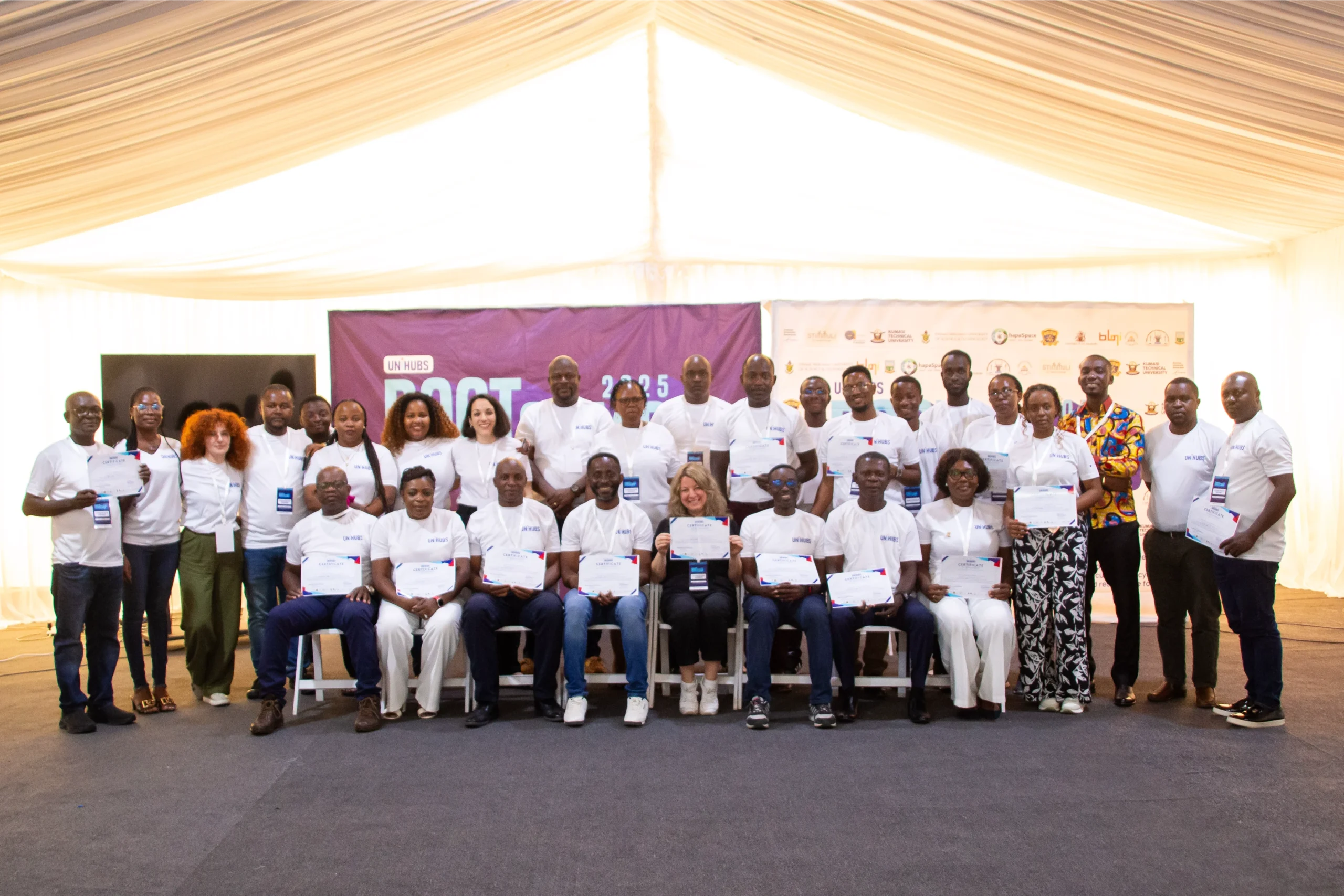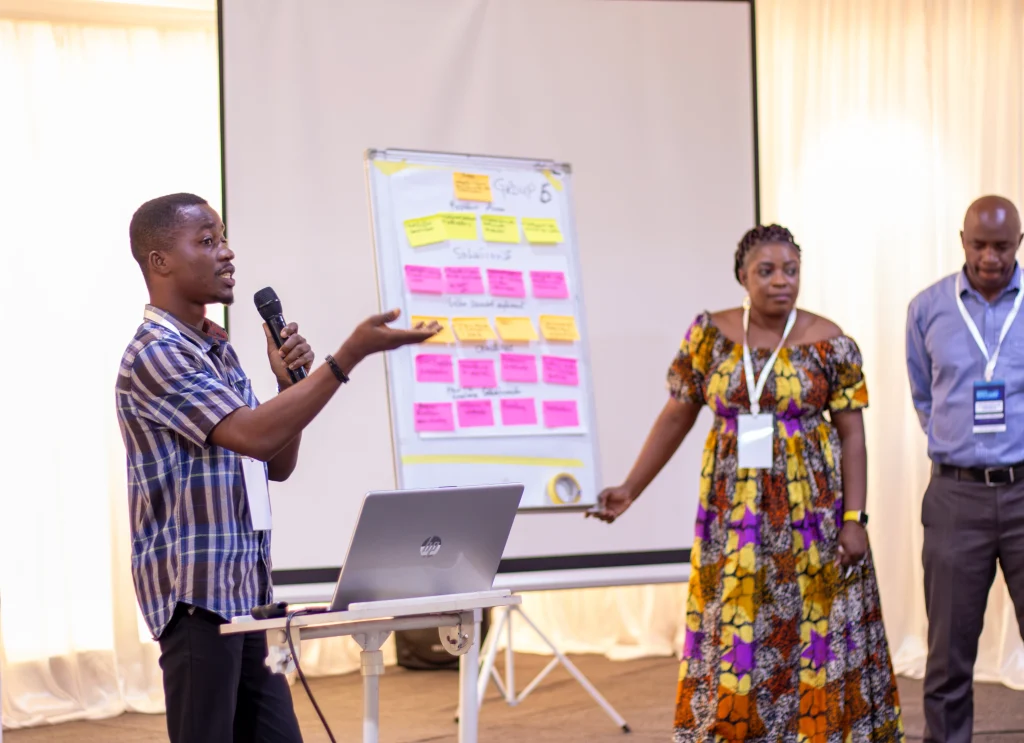The UNIHUBS project (July 2024 – June 2027) is a European Commission-funded initiative aimed at bridging the gap between Higher Education Institutions (HEIs) and the digital innovation ecosystem across Africa and Europe. With a focus on enhancing the employability of graduates, the project supports HEIs to modernise curricula, build institutional capacity, and foster sustainable collaboration with Digital Innovation Hubs (DIHs).
Through collaborative research, capacity building, and participatory design processes, UNIHUBS promotes the co-creation of innovative educational frameworks that reflect the current needs of the digital labour market. It targets HEIs, students, faculty, DIHs, and policymakers in countries including Ghana, Kenya, Tanzania, and several EU states. Activities include needs assessments, design thinking bootcamps, training programmes, and stakeholder workshops.
Led by Erasmus University Rotterdam, the consortium includes 13 partners from Europe and Sub-Saharan Africa. By project end, UNIHUBS aims to produce open-access tools, strategies, and policy recommendations that support HEIs in playing a more active role in the digital innovation space while equipping students with future-ready skills.
DETAILED SUMMARY.
1. Project Overview (What is the project about?)
UNIHUBS is a collaborative project funded by the European Union under the Erasmus+ programme. It aims to connect Higher Education Institutions (HEIs) in Africa with Digital Innovation Hubs (DIHs) to strengthen digital innovation ecosystems and align academic curricula with industry needs. The project supports the development of future-ready skills, fosters interdisciplinary collaboration, and empowers HEIs through structured capacity-building activities.
Target Group:
- HEIs in Africa and Europe
- Digital Innovation Hubs
- Educators and students
- Innovation ecosystem actors
- Policymakers
2. Purpose and Goals (Why was the project initiated?)
Main Objectives:
- Strengthen partnerships between HEIs and DIHs
- Support skills development aligned with the digital labour market
- Enhance employability and innovation through curriculum reform
- Build the capacity of academic staff and institutional frameworks
- Develop mechanisms for continuous collaboration between academia and industry
Problems Being Addressed:
- Misalignment between academic curricula and digital workforce needs
- Weak links between HEIs and innovation ecosystems
- Limited capacity in African HEIs to respond to digital transformation
Intended Outcomes:
- Improved collaboration structures
- Digitally relevant curricula
- Strengthened teaching and institutional practices
- Empowered students and staff
3. Timeline and Key Dates (When did it happen or will happen?)
- Project Start Date: 1 July 2024
- Expected Completion Date: 30th June 2027
- Duration: 36 months
Upcoming Key Events:
- Design Thinking Bootcamp (Ghana): 18–19 March 2025
- Consortium Meeting (Ghana): 20 March 2025
- Training Activities, Curriculum Redesign Workshops: 2025–2026
- Evaluation and Final Conference: October 2026
4. Partners and Funders (Who is involved?)
Funded by:
- European Union – Erasmus+ Programme
Project Partners Include:
- Erasmus University Rotterdam (Coordinator – Netherlands)
- HapaSpace (Ghana)
- Stimmuli for Social Change (Greece)
- Kumasi Technical University (Ghana)
- Kwame Nkrumah University of Science & Technology (Ghana)
- University of Macedonia (Greece)
- Kibabii University (Kenya)
- University of Nairobi (Kenya)
- Mbeya University of Science & Technology (Tanzania)
- Iringa University College (Tanzania)
- COSTECH – Tanzania Commission for Science and Technology (Tanzania)
- University of Mines and Technology (Ghana)
5. Location (Where is the project taking place?)
Regions/Countries:
- Ghana (Kumasi, Tarkwa)
- Kenya (Nairobi, Bungoma County)
- Tanzania (Mbeya, Iringa, Dar es Salaam)
- Greece
- Netherlands
6. Impact and Results (What has the project achieved?)
Key Achievements So Far (as of March 2025):
- Successful co-creation of a data collection template (WP2)
- Identification and analysis of 20+ relevant capacity-building initiatives
- Design Thinking Bootcamp in Kumasi with participation from students, staff, and innovation actors
- Consortium meetings to foster collaboration and review progress
- Growing visibility through social media and partner engagement
Expected Results:
- Revised and future-aligned curricula
- Stronger ties between academia and industry
- A robust digital transformation model applicable across African HEIs
- Actionable policy recommendations for HEIs and DIHs

















